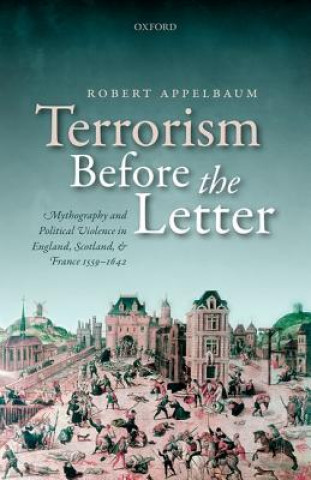
Code: 09281506
Terrorism Before the Letter
by Robert Appelbaum
Beginning around 1559 and continuing through 1642, writers in England, Scotland, and France found themselves pre-occupied with an unusual sort of crime, a crime without a name which today we call 'terrorism'. These crimes were esp ... more
- Language:
 English
English - Binding: Hardback
- Number of pages: 284
Publisher: Oxford University Press, 2015
- More about this

You might also like
-

Vanishing Word
28.91 € -18 % -
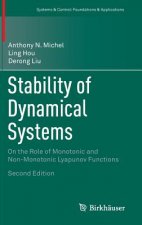
Stability of Dynamical Systems
119.29 € -2 % -

Virginia Curiosities
17.32 € -13 % -

Die Hexe von Rodenbach
24.07 € -9 % -
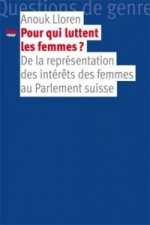
Pour qui luttent les femmes?
35.05 € -

International Directory of Company Histories
596.17 € -

Analytischer Teil, Halfte 2
377.93 €
Give this book as a present today
- Order book and choose Gift Order.
- We will send you book gift voucher at once. You can give it out to anyone.
- Book will be send to donee, nothing more to care about.
More about Terrorism Before the Letter
You get 410 loyalty points
 Book synopsis
Book synopsis
Beginning around 1559 and continuing through 1642, writers in England, Scotland, and France found themselves pre-occupied with an unusual sort of crime, a crime without a name which today we call 'terrorism'. These crimes were especially dangerous because they were aimed at violating not just the law but the fabric of law itself; and yet they were also, from an opposite point of view, especially hopeful, for they seemed to have the power of unmaking a systematic injustice and restoring a nation to its 'ancient liberty'. The Bible and the annals of classical history were full of examples: Ehud assassinating King Eglon of Moab; Samson bringing down the temple in Gaza; Catiline arousing a conspiracy of terror in republican Rome; Marcus Brutus leading a conspiracy against the life of Julius Caesar. More recent history provided examples too: legends about Mehmed II and his concubine Irene; the assassination in Florence of Duke Alessandro de 'Medici, by his cousin Lorenzino. Terrorism Before the Letter recounts how these stories came together in the imaginations of writers to provide a system of 'enabling fictions', in other words a 'mythography', that made it possible for people of the sixteenth and seventeenth centuries to think (with and about) terrorism, to engage in it or react against it, to compose stories and devise theories in response to it, even before the word and the concept were born. Terrorist violence could be condoned or condemned, glorified or demonised. But it was a legacy of political history and for a while an especially menacing form of aggression, breaking out in assassinations, abductions, riots, and massacres, and becoming a spectacle of horror and hope on the French and British stage, as well as the main theme of numerous narratives and lyrical poems. This study brings to life the controversies over 'terrorism before the letter' in the early modern period, and it explicates the discourse that arose around it from a rhetorical as well as a structural point of view. Kenneth Burke's 'pentad of motives' helps organise the material, and show how complex the concept of terrorist action could be. Terrorism is usually thought to be a modern phenomenon. But it is actually a foundational figure of the European imagination, at once a reality and a myth, and it has had an impact on political life since the beginnings of Europe itself. Terrorism is a violence that communicates, and the dynamics of communication itself reveal it special powers and inevitable failures.
 Book details
Book details
Book category Books in English Literature & literary studies Literature: history & criticism Literary studies: general
163.11 €
- Full title: Terrorism Before the Letter
- Subtitle: Mythography and Political Violence in England, Scotland, and France 1559-1642
- Author: Robert Appelbaum
- Language:
 English
English - Binding: Hardback
- Number of pages: 284
- EAN: 9780198745761
- ISBN: 0198745761
- ID: 09281506
- Publisher: Oxford University Press
- Weight: 558 g
- Dimensions: 243 × 162 × 22 mm
- Date of publishing: 10. December 2015
Trending among others
-

How to Read a Book
14 € -10 % -

The Picture of Dorian Gray
6.64 € -21 % -

Mysteries of Udolpho
10.37 € -22 % -
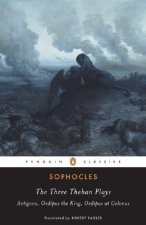
Three Theban Plays
9.26 € -28 % -

Discarded Image
15.41 € -26 % -
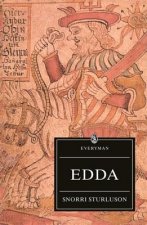
Edda
9.56 € -13 % -

Plainwater
15.71 € -21 % -

Herbert Poems
11.68 € -18 % -
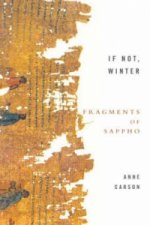
If Not, Winter: Fragments Of Sappho
17.22 € -28 % -

Finn and Hengest
10.27 € -28 % -

Sejong Korean Extension Activity Book 1A - English Edition, m. 1 Audio
21.75 € -

Branching Streams Flow in the Darkness
27.09 € -2 % -

Gentle Creature and Other Stories
7.35 € -27 % -
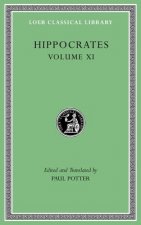
Diseases of Women 1-2
35.05 € -

Art of Shakespeare's Sonnets
33.74 € -4 % -

Philosophical Walking Tour with C. S. Lewis
49.76 € -

Essential Writings of Ralph Waldo Emerson
20.95 € -16 % -

Great Expectations
6.64 € -24 % -
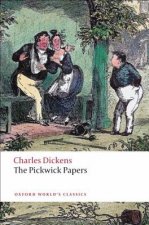
Pickwick Papers
9.46 € -26 % -
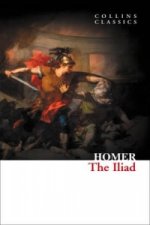
Iliad
4.62 € -13 % -

Golden Bough
15.20 € -19 % -

Sicilian Romance
8.25 € -28 % -
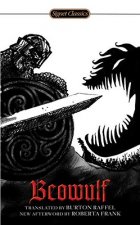
Beowulf
4.93 € -22 % -

Meditations in an Emergency
12.08 € -29 % -
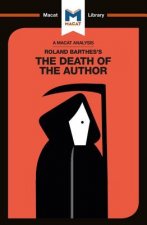
Analysis of Roland Barthes's The Death of the Author
8.05 € -15 % -

Reader's Guide to Nabokov's 'Lolita'
20.34 € -7 % -
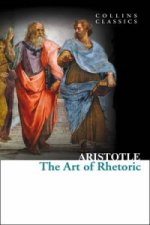
Art of Rhetoric
3.42 € -6 % -

Saga of Tanya the Evil, Vol. 3
10.17 € -27 % -

Anna Karenina
9.46 € -14 % -

Collected Poems
19.23 € -28 % -

Moveable Feast
9.46 € -20 % -
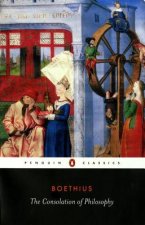
Consolation of Philosophy
11.07 € -22 % -

Sejong Korean Student Book 2A - English Edition, m. 1 Audio
29.01 € -
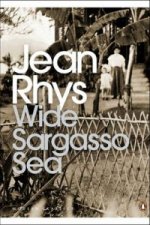
Wide Sargasso Sea
9.16 € -16 % -

Simple Passion
8.25 € -24 % -

Little Women
8.55 € -15 % -

Analysis of Donna Haraway's A Cyborg Manifesto
7.95 € -11 % -

Devils
10.97 € -15 % -

Two Treatises of Government
8.96 € -19 % -

Life of Samuel Johnson
24.78 € -

Active Korean 1 Workbook (QR), m. 1 Audio
22.76 € -

Room With A View
9.86 € -18 % -
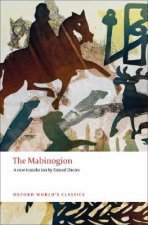
Mabinogion
10.37 € -27 % -

Zofloya
10.57 € -18 % -

Virginia Woolf
17.22 € -28 % -

Ivanhoe
10.27 € -28 % -

Literature and Evil
12.89 € -17 % -

Sejong Korean 4, m. 1 Audio
26.99 € -

Literary Wonderlands
28.20 € -13 %
Collection points Bratislava a 2642 dalších
Copyright ©2008-24 najlacnejsie-knihy.sk All rights reservedPrivacyCookies



 15549 collection points
15549 collection points Delivery 2.99 €
Delivery 2.99 € 02/210 210 99 (8-15.30h)
02/210 210 99 (8-15.30h)